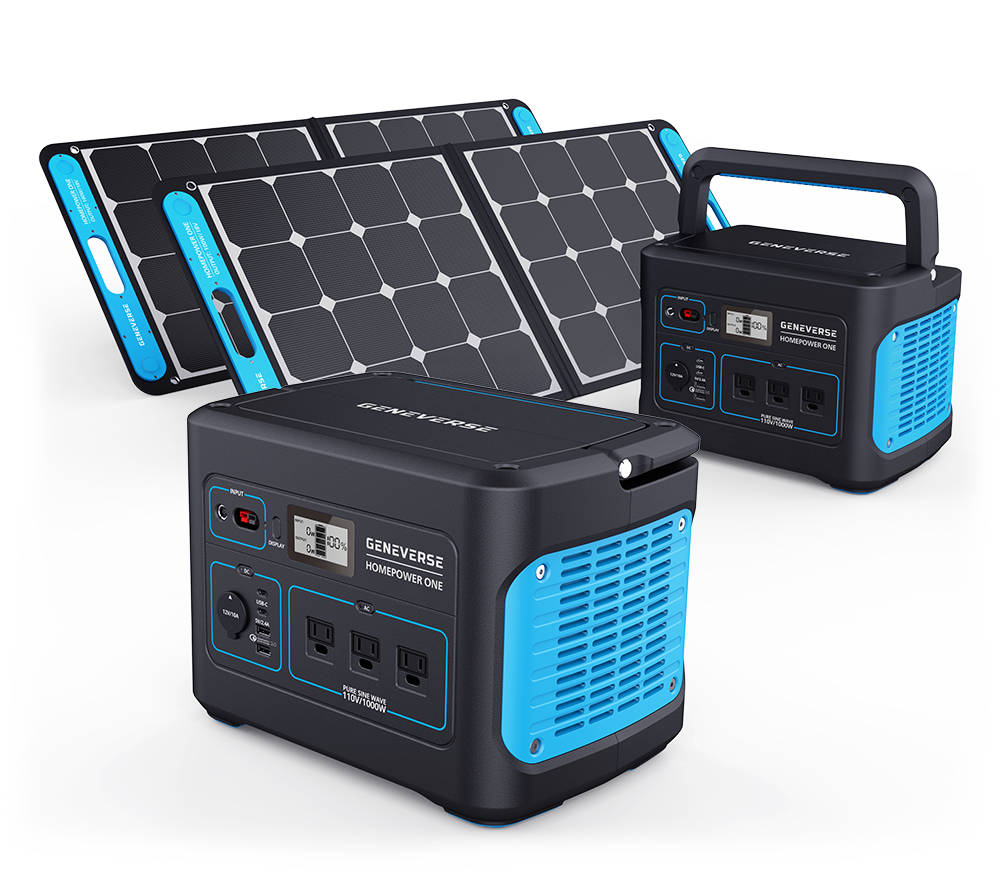Hurricanes are more than just a rain storm; by combining storm surges, wind damage, and flooding, hurricanes can be extremely dangerous. Hurricanes can hit any coast or territory in the Atlantic and Pacific Oceans. Hurricanes are rated by their intensity of sustained winds. The 1-5 scale estimates the potential for the storm to cause damage to property.

Every major hurricane receives a name in alphabetical order, with 2020 breaking records for the most Atlantic hurricanes in history, quickly making its way through the English and Greek alphabets. As of November 30, the final day of hurricane season, 12 storms had made landfall in the US. With hurricane seasons only intensifying each year, it is best to stay prepared before the storm is even called, giving you plenty of time to evacuate or secure your home. We’ve gathered some tips to get you started on hurricane preparation today.
1. Know Your Risk
Hurricane season begins on May 15 in the Eastern Pacific and June 1 in the Atlantic and Central Pacific, ending on November 30. Even if you don’t live on a coast, you can be affected by a hurricane. Instead of being caught off guard, prepare yourself now by understanding hurricanes.
The National Weather Service has two classifications: a hurricane watch and a hurricane warning. A hurricane watch means hurricane conditions are possible in the specified area while a hurricane warning means hurricane-force winds are expected in the specified area. A hurricane watch will be announced within 48 hours of expected tropical-storm-force winds. A hurricane warning will be announced within 36 hours tropical-storm-force winds.
Hurricane conditions are classified as sustained winds of 74 miles per hour or higher. Tropical-storm-force winds are classified as sustained winds of 39 to 73 miles per hour.
2. Gather Emergency Supplies
It is best to always have a basic emergency supply kit fully stocked year round. Stock your kit with plenty of water, non-perishable foods that don’t require a long cooking process, and utensils. Be sure to have first-aid supplies, like bandages and anti-bacterial creams, in an easy-to-find location to prevent any panic in case you find yourself needing a patch-up. Keep flashlights and batteries on hand in the event of a power outage. Store your kit in an easily accessed location that is least likely to be affected by the hurricane.

3. Prepare to Lose Power
As is the case with all major storms, it is very possible a hurricane could knock out your power, leaving you in the dark for multiple hours or days. In 2017 alone, 36.7 million Americans were affected by 3526 power outages. In the event of heavy debris or rubble, it could take even longer for crews to even begin working to restore power. With a backup battery generator or solar panel power generator, you could charge your communication devices and power home appliances easily. Geneverse (formerly Generark)’s HomePower ONE and SolarPower ONE have high-power outputs and wide-range compatibility, allowing you to choose what devices are necessary for your family’s comfort, whether it be lights, the refrigerator, security system, or a cell phone charger.

4. Secure Your Home
Before a hurricane, clear your yard of any items that can be blown around by severe winds and cause damage. This includes branches, bikes, furniture, and even grills. Move these items inside if possible or secure them. Check that your carbon monoxide detectors are properly operational. Fill clean containers, sinks, and bathtubs with plenty of water in case the storm causes you to lose access to your water supply. In the event of a hurricane, you’ll need to cover up all doors and windows. Be sure you have storm shutters or plywood to nail to the outside window frames. This will keep you safe from shattered glass.
5. Know Your Evacuation Zone & Plan
As is the case with most weather emergencies, it is important to make and practice a plan for your family to evacuate if necessary. With a hurricane, you may have to evacuate unexpectedly if conditions are more severe or moving faster than expected. Follow instructions from local emergency managers (those who work with local and state officials) for the latest recommendations and safety precautions. Some hurricanes may come with evacuation orders, while others come with stay at home orders. Never ignore these warnings from local officials and always follow their directions. You may be told to take a certain route because others are unsafe, or told to stay home because roads are flooded.

Summary
Any weather emergency comes with the possibility of power outages. Stay prepared with help from Geneverse (formerly Generark)’s HomePower ONE or SolarPower ONE. If a hurricane causes severe flooding, you may have to shut off the power and unplug appliances. Having a backup battery generator will be a great source of comfort to your family. Begin educating yourself about the logistics of hurricanes and evacuation zones in your area. Gather supplies that your family will need whether you need to stay home or evacuate in a hurry.
About Geneverse: Geneverse (formerly Generark) is the most reliablesolar generator and source of emergency backup power for your home and community. From theHomePower backup battery power station providing portable access to electricity, to theSolarPowersolar panels as a source for recharging, never be disconnected from what matters most to you. Learn more about how Geneverse and its industry-leading 5-year limited warranty can bring protection and security to your family ongeneverse.com. Never face a power outage alone, and power your home with a solar generator from Geneverse.




Leave a comment (all fields required)